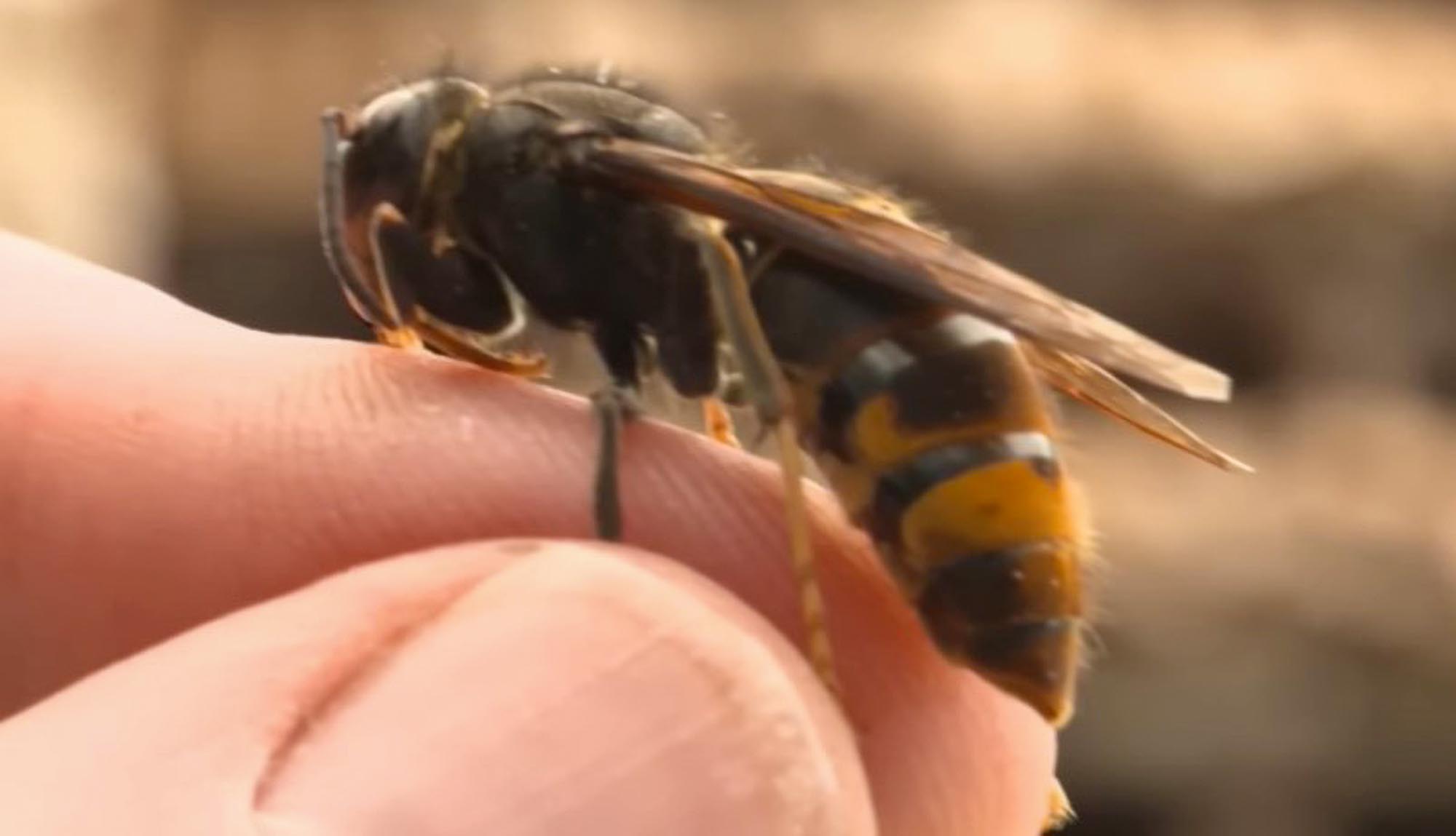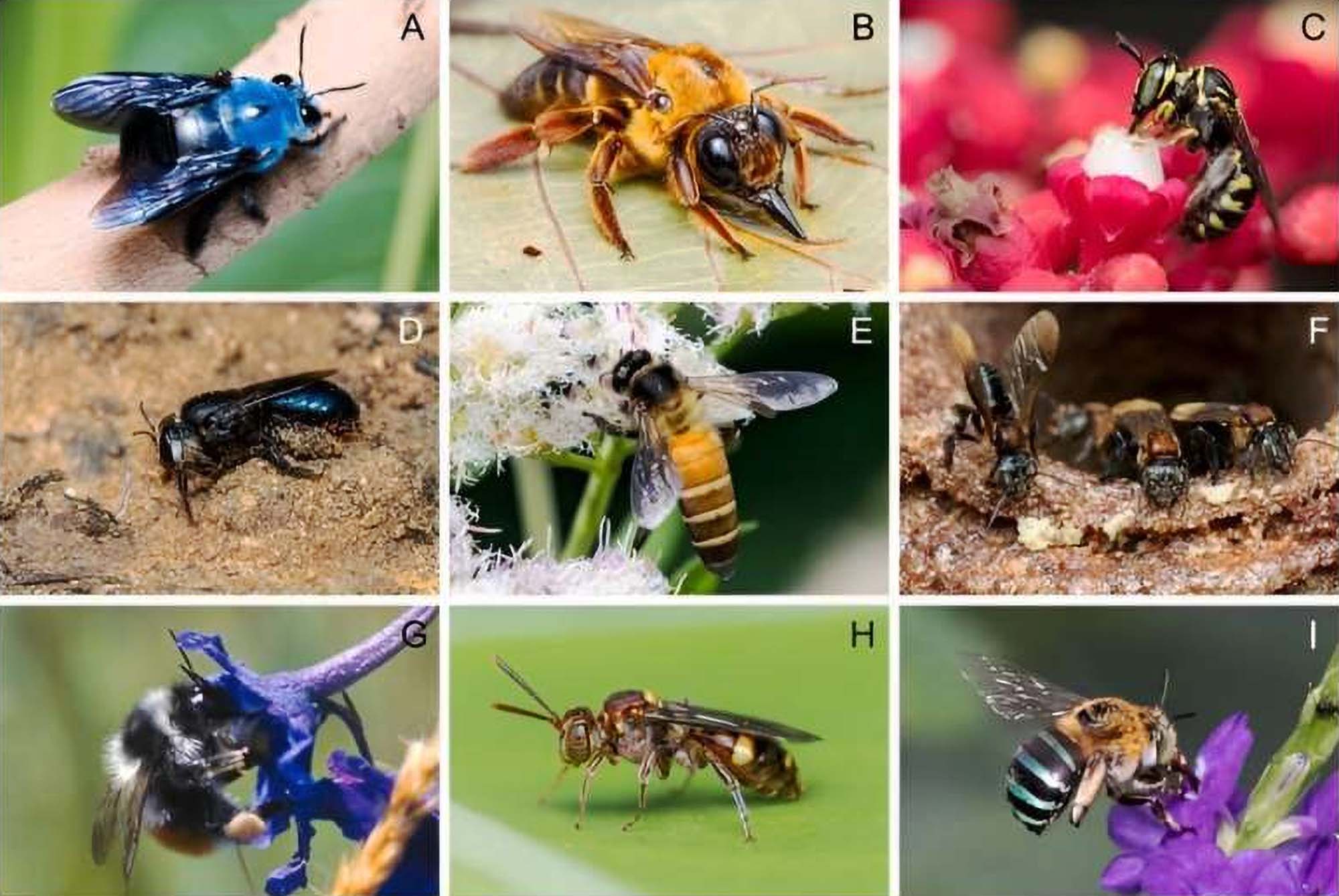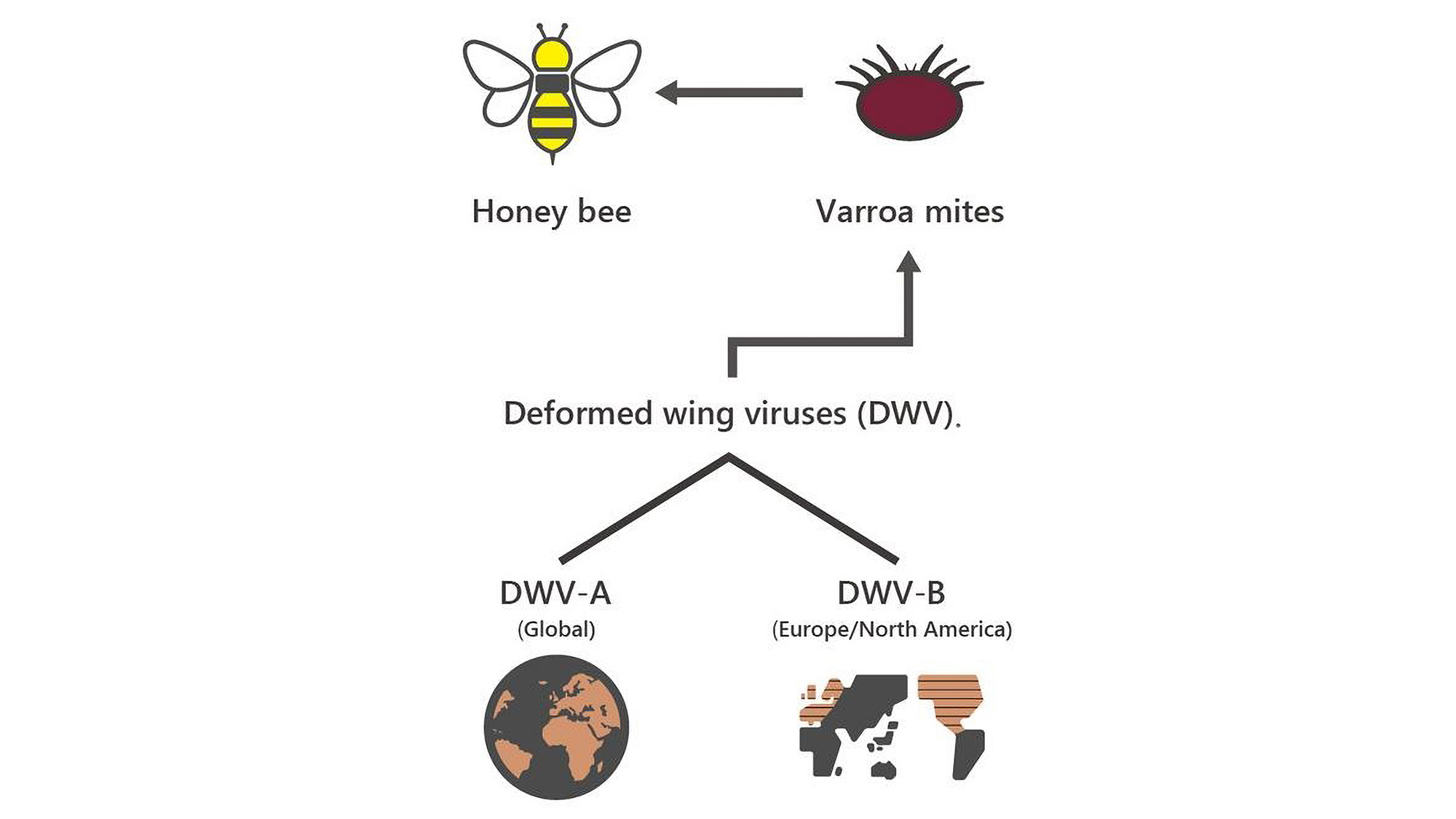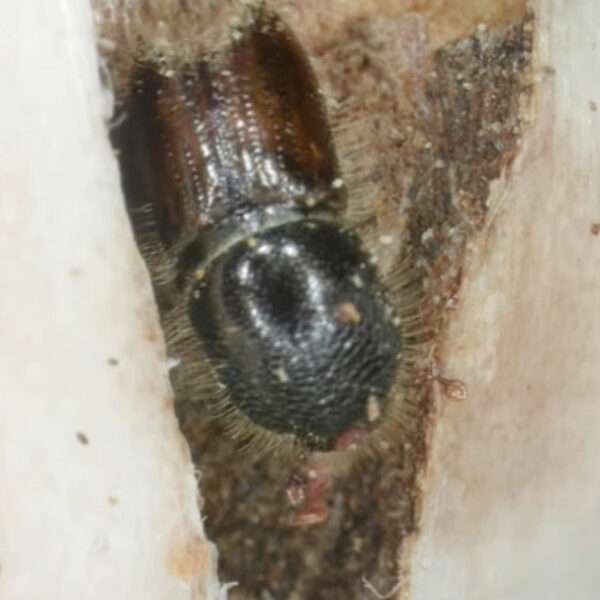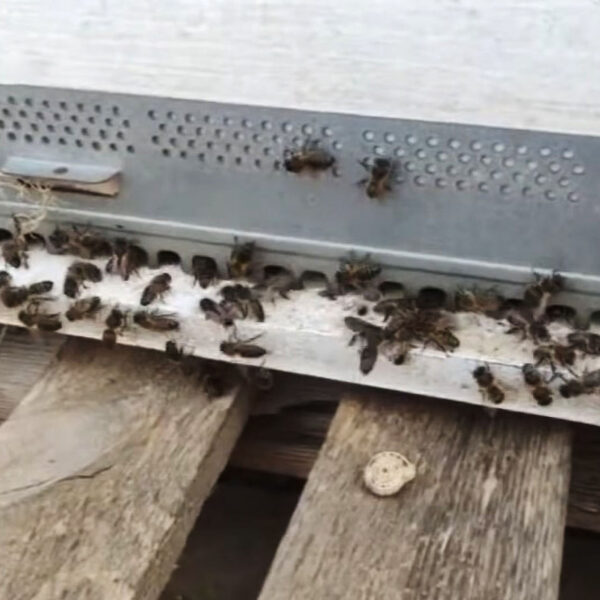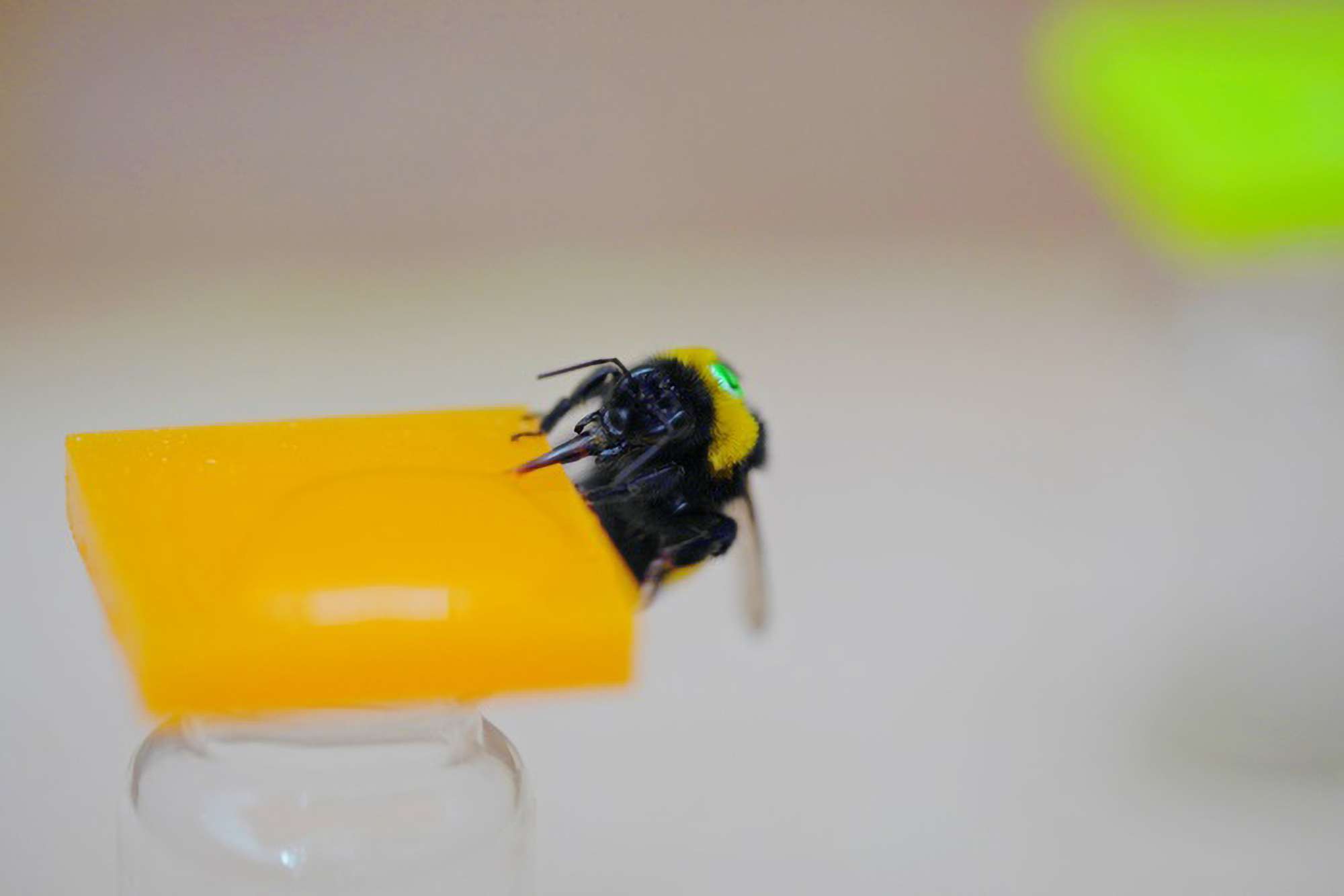The Asian hornet, an invasive insect species that eats and kills honeybees, has been spotted in Berlin for the first time.
Newspapers in the German capital report that an Asian hornet has been discovered and caught in a restaurant in the city’s Schöneberg district.
Asian hornets (Vespa velutina) originate from Southeast Asia but have spread across Europe since being first spotted in Europe 19 years ago. Entomologists warn that an Asian hornet colony has the potential to eat up to 11 kilogrammes of various insects per year.
Quick-thinking waitress Nadia Zabalawi put a glass over the insect at one of the Landhaus Schöneberg restaurant’s tables, according to the Berliner Kurier.
Experts from NABU, a German environmentalist organisation, emphasise that the insect was not posing a greater risk to humans than their domestic relatives.
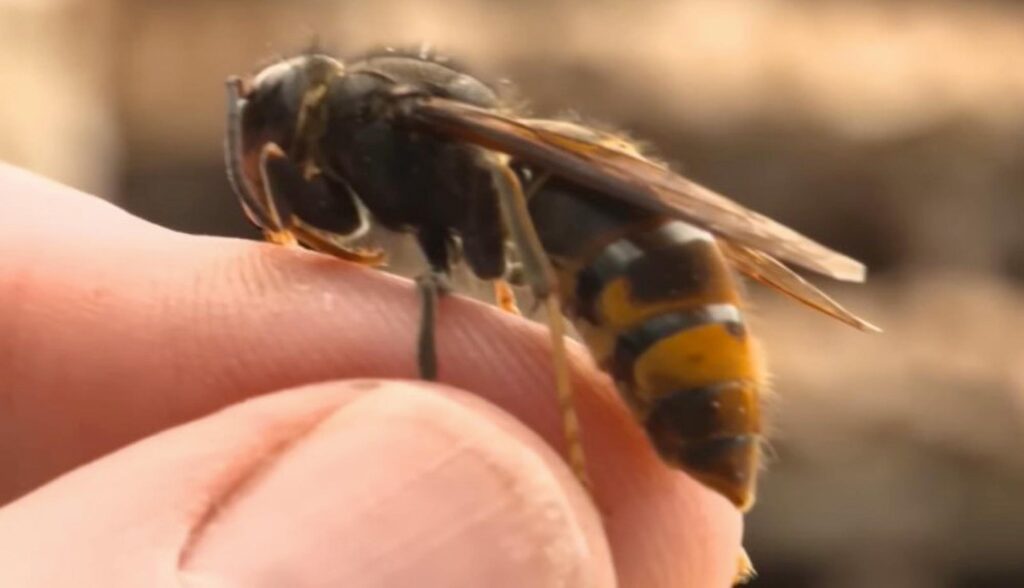
However, humans have been advised to avoid their nests which can usually be found dangling at least 10 metres from the ground on tree branches and buildings.
Asian hornet queens measure around 30 millimetres (1.2 inches) in length, whereas the size of males and workers ranges between 20 and 24 millimetres (0.8 to 0.95 inches).
The insect caught at the eatery in Berlin was identified as a Vespa velutina nigrithorax, a subspecies with a significantly black thorax. However, the German Bienen Journal magazine reports that more and more experts are assuming that it is not a subspecies but just a colour variety within one genus.
Frank Sorge, a beekeeper and photographer who lives nearby, reportedly took pictures of the Asian hornet before taking it to the NABU office, where experts are understood to be reexamining it.
A spokesman for the organisation appealed to anyone who may have spotted an Asian hornet to abstain from killing it. The insect could in fact be a protected native hornet or wasp. Asian hornet sightings should be reported to the local environment authorities instead.
Entomologists think that the predatory insect was mistakenly shipped to Europe by a Chinese cargo ship in 2004. It first appeared in southern France but quickly spread to several countries including Spain, Italy and Switzerland. It has existed in Germany since 2014.
Considered an invasive species under European Union nature regulations, Asian hornets must not be kept, bred or offered for sale.
Ecologists say the species may benefit from rising summertime temperatures.
Beekeepers and farmers fear that the current development could negatively affect honey harvest volumes and the pollination of plants and flowers.

